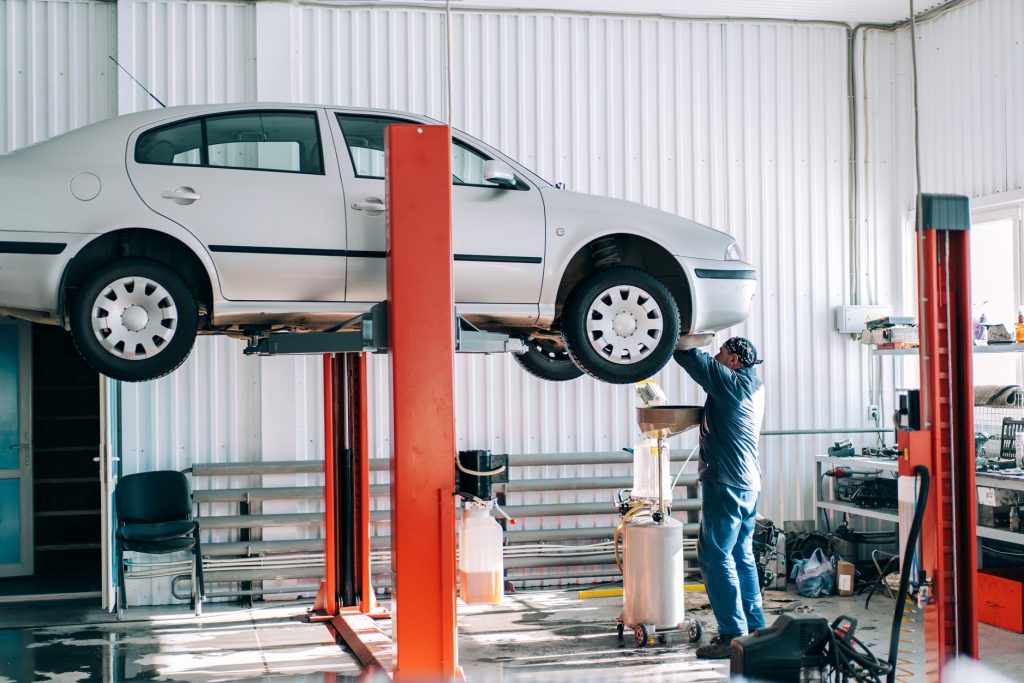With Covid still affecting the production of car parts around the world, finding a car to buy could be tougher than ever. The latest victim of Covid has been Toyota cars, with production numbers slashed in the final quarter of 2021.
Effects of Covid on Car Manufacturing
The Coronavirus crisis has affected individuals, communities, and companies the world over. In Asian countries such as Malaysia and Vietnam, Covid-19 has resulted in dire consequences for the car parts industry.
Many of the major Japanese car manufacturers source their cars parts from these regions. That’s why the widespread virus is affecting car production so drastically.
As part of this, there is currently a worldwide semiconductor shortage. Automakers are also starting to experience shortages of glass, plastics, and wiring harnesses as well. This poses challenges for many car companies who must still get vehicles out to customers or face drastically lower profits.
We may also see the price of cars increase as manufacturers struggle to find car parts and try to keep their profits high while producing fewer vehicles.
Car Manufacturing in Asia
Southeast Asia has been massively affected due to lockdowns in many of the areas housing automotive manufacturing facilities. Producing vehicles in these countries is near impossible right now due to the level of restrictions imposed.
Automakers in Japan have long been outsourcing much of the work to Southeast Asia to access cheap labour. Thailand, in particular, is a place where a lot of car parts for Honda, Nissan, and Toyota cars are produced.
Amongst the companies affected by shortages are Mitsubishi, Honda, and Toyota cars. Anyone who wants to buy a vehicle from one of these companies should do it as soon as possible. It’s likely that they could run out of stock, so make sure you don’t miss out.
Thailand car manufacturers are taking extra measures to get their employees to work. They are aiming to prevent the virus from spreading using bubble systems. This includes staff to work on special buses to avoid interaction with the public. Whether these measures will be effective enough to combat this new Delta variant remains to be seen.
Harsh Realities of Covid for Toyota
Toyota has just announced that it expects to produce around 3% fewer Toyota cars this year due to Covid-19. The spread of the virus throughout Southeast Asia has affected its processes an incredible amount. As a result, it won’t be able to deliver its usual volume of vehicles.
While they expect to produce 300,000 fewer vehicles this year, Toyota still expects to meet its forecasted operating profit by cutting costs. It is unclear whether this may mean that staff lose their jobs. After all, if fewer cars are produced, it’s likely that they will need fewer workers.
Compared with other manufacturers, the production of Toyota cars has remained steady thus far. This is largely due to the company’s excellent supply chain that they have relied on for decades.
It is thought that the upcoming cuts are not due solely to lack of parts, but more so due to the spread of Covid and resulting restrictions.
Global Impacts
Southeast Asian and Japanese carmakers are not the only victims of lost revenue due to Covid-19, however. Maruti Suzuki India is a significant automaker in India, and they were expecting their volume to reduce by around 40% for the month of August.
Meanwhile, Renault SA is expecting that they will have had their Spanish plants closed for as much as two months across the 2021 year, hugely impacting their production figures.
What Lowered Car Production Means for Kiwis
New Zealand relies heavily on importing cars into the country. Our assembly plants closed a long time ago, once it became cheaper for manufacturers to import cars already assembled.
In terms of new vehicles purchased in NZ; Holden, Ford, and Toyota cars are some of the most popular. Hyundai, Suzuki, and Kia are also common brands to see cruising the streets.
The majority of used vehicles imported into NZ come from Japanese car makers. This means that going forward, we may see fewer of these coming into the country. With fewer cars being produced, people may hold onto their vehicles for longer, essentially drying up the supply of used vehicles to bring into NZ.
If you’re thinking about buying a used car, the time to act is now! Head to Shopless to see all of the latest car listings and start thinking about what type of vehicle you’d like to buy. Whether you want an electric car, petrol vehicle, or a van large enough for the whole family, you’ll find a range of options available.
It’s best to get in quickly before lowered production affects the number of used car imports into the country in coming years.
